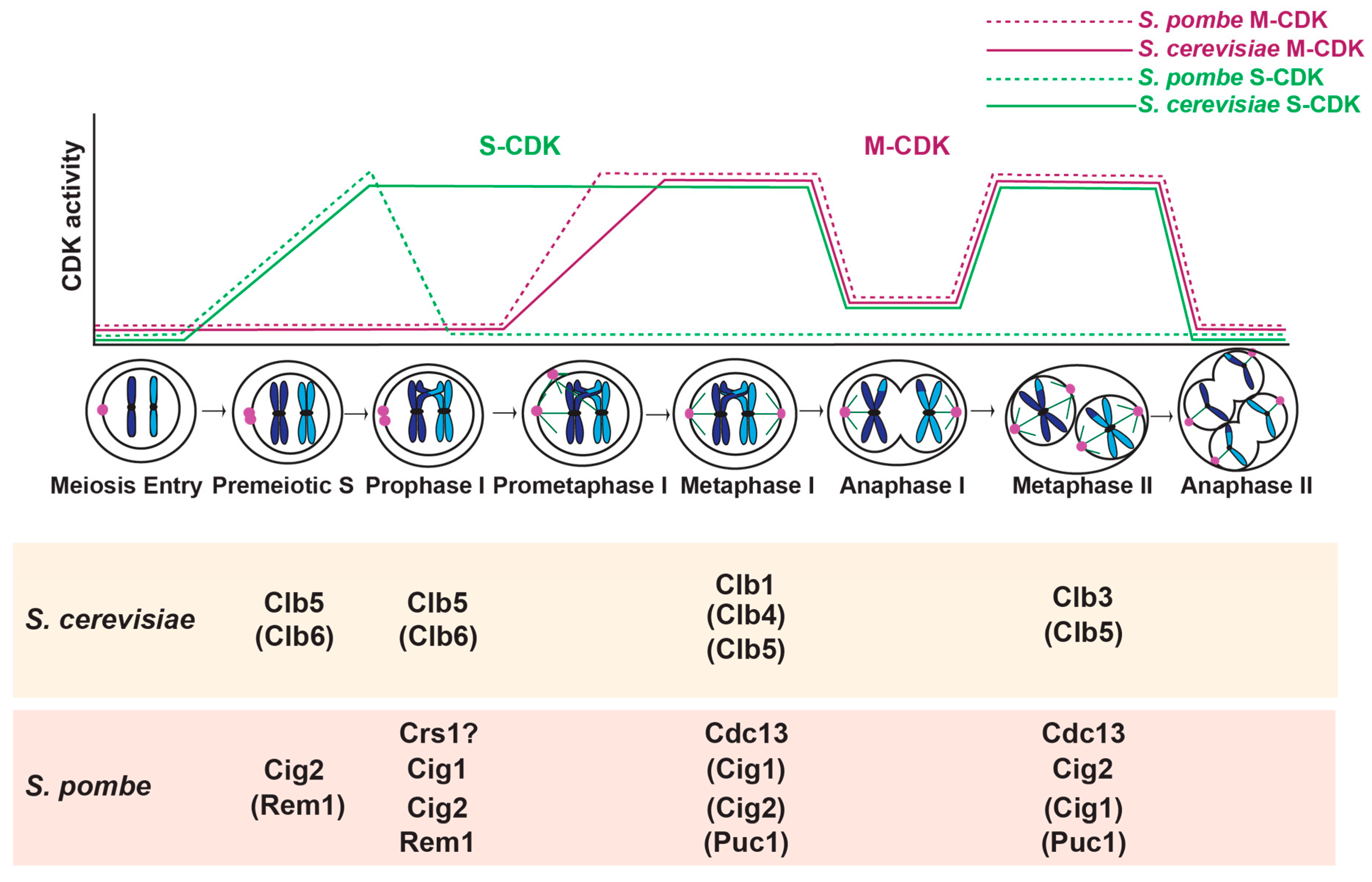Control of Expression of Key Cell Cycle Enzymes Biology Diagrams This process is regulated by many enzymes, including cyclin-dependent kinases (CDKs) which phosphorylate proteins on their serine and threonine amino acid residues. The 20 members of CDK family known to this day regulate the cell cycle, transcription and splicing [1]. Abstract Cyclin-dependent kinases (CDKs) are serine/threonine kinases whose catalytic activities are regulated by interactions with cyclins and CDK inhibitors (CKIs). CDKs are key regulatory enzymes involved in cell proliferation through regulating cell-cycle checkpoints and transcriptional events in response to extracellular and intracellular signals. Not surprisingly, the dysregulation of Cyclin Dependent Kinases (CDKs) are closely connected to the regulation of cell cycle progression, having been first identified as the kinases able to drive cell division. In reality, the human genome contains 20 different CDKs, which can be divided in at least three different sub-family with different functions, mechanisms of regulation, expression patterns and subcellular localization. Most

Coordinated protein phosphorylation reactions control progression through the cell cycle. Learn how specific complexes of cyclins and cyclin-dependent kinases (CDKs) catalyze these reactions.

Core control principles of the eukaryotic cell cycle Biology Diagrams
Cyclin-dependent kinases (CDKs) are involved in many crucial processes, such as cell cycle and transcription, as well as communication, metabolism, and apoptosis. The kinases are organized in a pathway to ensure that, during cell division, each cell Each of the different cyclin - Cdk complexes serves as a molecular switch that triggers a specific cell-cycle event. We now consider how these switches initiate such events and how the cell-cycle control system ensures that the switches fire in the correct order and only once per cell cycle. We begin with the two central events of the cell cycle: the replication of DNA during S phase and the

The core cell cycle is largely driven by increasing total CDK activity together with minor differences in the substrate specificity of the CDKs initiating DNA replication and mitosis. CDKs were initially identified through studies in model organisms such as yeasts and frogs, underscoring their pivotal role in cell cycle progression. These enzymes operate by forming complexes with cyclins, whose levels fluctuate throughout the cell cycle, thereby ensuring timely cell cycle transitions. Over the years, the understanding of CDKs has expanded beyond cell division to include

